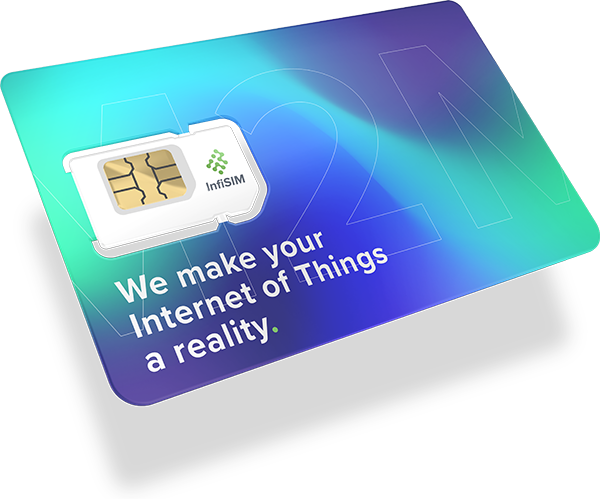Technology is improving our health.
IoT in healthcare
Improving healthcare with IoT
IoT in Healthcare is revolutionising the care industry by combining medical equipment with IoT SIM Card enabled devices, patients can live much more independently due to the personalised care they receive. IoT is also improving supply chain management within the healthcare sector and it plays a major role in making clinical trials more successful.
Applications of IoT in Healthcare – Remote patient monitoring
IoT-powered Health solutions enable medical professionals to monitor, consult with and even treat patients remotely, reducing the need for people to visit a hospital or GP when they become ill. Further benefits of IoT in healthcare is that it helps improve accuracy when it comes to data collection, allowing care to be tailored to each individual. It also allows clinical resources that are already limited to be utilised more effectively, reducing costs and improving patient management.
We offer a variety of different M2M and IoT connectivity solutions, from global multi-carrier SIMs, to secure fixed IP SIM solutions. Find the perfect connectivity option for your smart healthcare solution…

Example of how IoT in healthcare supports independent living
IoT connectivity is being utilised to enable independent living for those who would usually require around-the-clock care. New technologies such as sensors and wearables provide families and carers with information about a person’s health. A notification or an alarm can be raised in the event they have a fall, get lost or even if their lights haven’t been turned on or off within a certain timeframe. IoT connectivity can also be used alongside connected medicine cabinets to remind patients to take their medication on-time.
By deploying IoT solutions in the homes of patients with vulnerabilities, we not only ease the pressure put on healthcare professionals to care for them, we allow people to continue living by themselves without someone watching them over their shoulder 24/7.
Monitor the condition of healthcare equipment
It’s important to make sure that medical equipment is in good condition to keep patients safe. For this reason, sensors and IoT connectivity is now being applied to healthcare solutions so that the status of the equipment can be monitored remotely. One IoT in remote healthcare example of how condition monitoring is being used in the medical industry is in battery-powered defibrillators, which are often used in the event of a sudden cardiac arrest. As soon as an IoT sensor detects that a defibrillator has failed, an alert will be sent out to the relevant teams instantly. This alert prevents the equipment from being used and notifies maintenance professionals to fix it or replace it as soon as possible.
Clinical trials
IoT is being used in clinical trials to provide professionals with more efficient methods of collecting and monitoring data. Researching and developing drugs and treatments is no easy task, but IoT applications simplify the process as they allow clinicians to analyse data remotely, giving them a much deeper insight into where their resources should be allocated and speeding up their clinical trial.
What are the main benefits of IoT in healthcare?
The Internet of Things is redefining healthcare as we know it. We’re moving on to a whole new level when it comes to the way that apps, devices and people interact when delivering healthcare solutions. IoT has given us a fresh outlook as new tools that accommodate an integrated healthcare network, subsequently the care that is provided is of a higher standard.
The advantages of IoT in healthcare are seemingly endless, but here’s just a few of the major benefits:
The developments of IoT have the potential to really revolutionise healthcare in a positive way, with the many advantages of IoT in healthcare being especially evident. However we must be careful. Health data is sensitive and if it’s shared inappropriately or misused has the potential to damage people’s privacy. Ensuring hospitals have secure and manageable infrastructure is essential in the healthcare sector.
Check out the history of IoT to find out how we got here.
Get a free IoT consultation
Tell us your project goals and requirements and our team of IoT specialists will recommend the perfect IoT connectivity solution for your business.